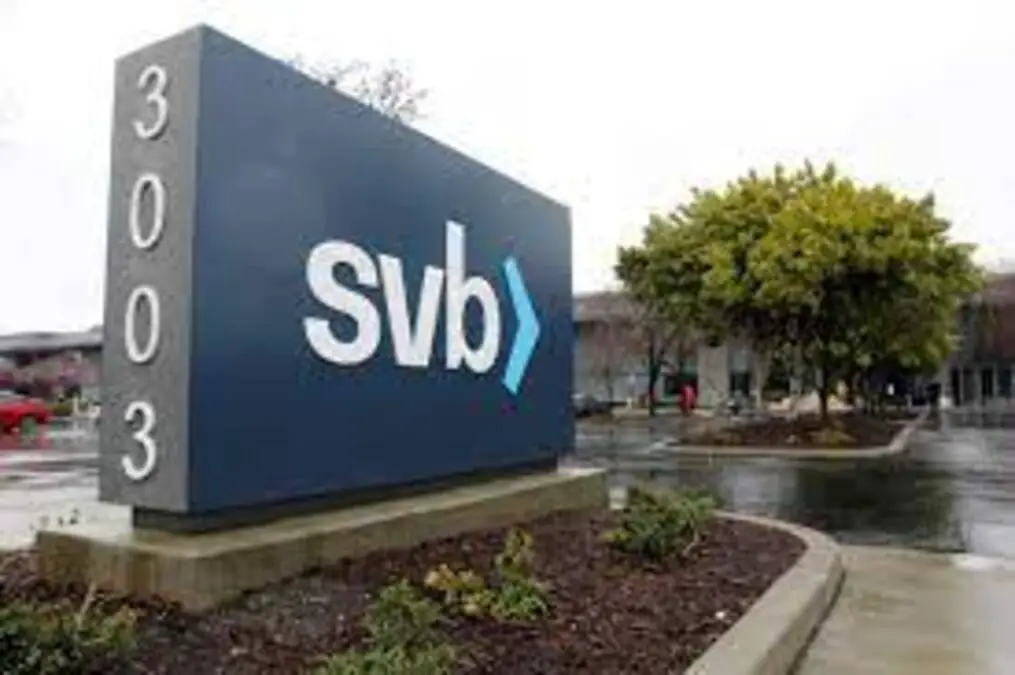- Silicon Valley Bank (SVB) was the 16th largest bank in the United States catering for the financial needs of technology companies around the world.
- The risk of a ripple effect impacting the global financial system is high.
- The US government has moved quickly to salvage the bank and safeguard deposits
US-based Silicon Valley Bank (SVB) was the 16th largest bank in the United States catering for the financial needs of technology companies around the world.
SVB’s woes started when the US reserve bank hiked rates to mitigare inflation pressures. The bank had a significant portfolio of government bonds whose prices fall when interest rates are jerked
The Guardian explains that, “If SVB were able to hold those bonds for a number of years until they mature, then it would receive its capital back. However, as economic conditions soured over the last year, with tech companies particularly affected, many of the bank’s customers started drawing on their deposits. SVB didn’t have enough cash on hand, and so it started selling some of its bonds at steep losses, spooking investors and customers. It took just 48 hours between the time it disclosed that it had sold the assets and its collapse.”
The collapse was mainly triggered on 8 March, 2023 when it announced a $1.75bn capital raising to plug a hole caused by the sale of its loss-making bond portfolio.
“Suddenly everyone became alarmed that the bank was short of capital Customers were now aware of the deep financial problems at SVB, and started withdrawing money,” reads the Guardian report.
“The collapse of Silicon Valley Bank (SVB) threatened to prompt a wider financial crisis and the authorities had no choice but to roll out emergency measures,” says Nigel Green, CEO of deVere Group, one of the world’s largest independent financial advisory, asset management and fintech organizations.
The observation from Green comes as US regulators said that from Monday, 13th, SVB customers will have access to all their deposits. The federal government also set up a new facility to give banks access to emergency funds. The Federal Reserve has also taken steps to make it easier for banks to borrow from the central bank in emergencies.
Speaking to The Exchange Africa, Nigel Green of deVere Group says there are three key takeaways from the SVB’s collapse.
First, “The authorities will get some stick, especially from the shareholders of SVB investors. The asset value of the bank itself is zero, and there’s no chance of a government bailout for shareholders.
“But the hands of the Fed, the Treasury and regulators, were forced into taking action in order to break the doom loop hitting the banking sector.
Banking regulations place high emphasis on protecting depositors as opposed to investors. With the collapse of SVB, discussions on protecting investors and stakeholders will now be more urgent.
“A failure to act would have to be a dereliction of duty. If they hadn’t given customers access to their deposits from Monday, it would have resulted in a loss of confidence in the banking system, leading to a ‘run on the banks’ which, in turn, would have caused a liquidity crisis in the banking and broader financial system, potentially triggering a full-blown global financial crisis. The authorities couldn’t let this happen,” he explains.
Second, “It brings into question the Trump-era deregulation of banks. The decision to roll back Dodd-Frank’s ‘too big to fail’ rules, reducing both oversight and capital requirements, seems to have contributed to SVB’s collapse.
“It appears that the deregulation has allowed banks like SVB to take reckless risks. Now there needs to be a serious conversation about reversing the law to shore-up confidence and to avoid further collapses.”
Third, “It is now doubtful that the Fed will continue with its plan for aggressive interest rate hikes. The next hike was widely expected on March 22 following robust jobs data in January and February.
“We expect the stress in the banking sector, and the wider impact on confidence, now will give the central bank cause for pause on its rate hike program.
“Many will be asking: Was SVB – a major source of funding for US tech start-ups – the first high profile victim of the Fed’s higher interest rates agenda?
The deVere CEO concludes: “The situation is moving quickly and despite the action taken by authorities, it isn’t over yet.
“Amongst other issues, there remain fears about contagion and there are real concerns that startups may be unable to pay their bills and salaries in coming days, venture investors may now find it hard to raise funds, and an already-pummelled sector could face a long rout.”
